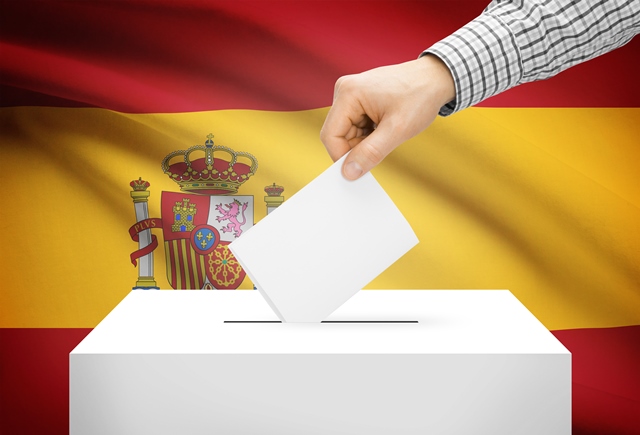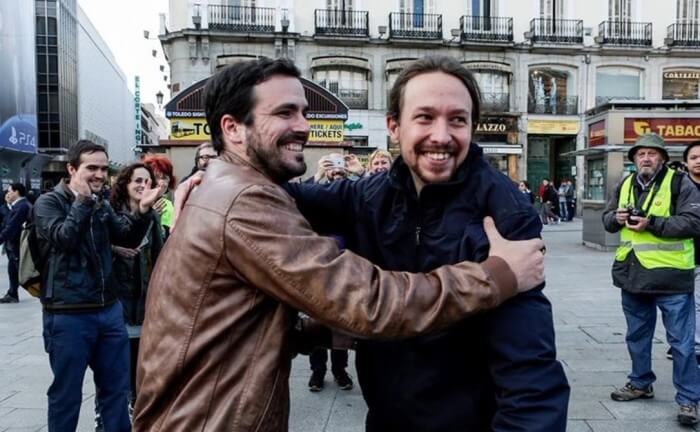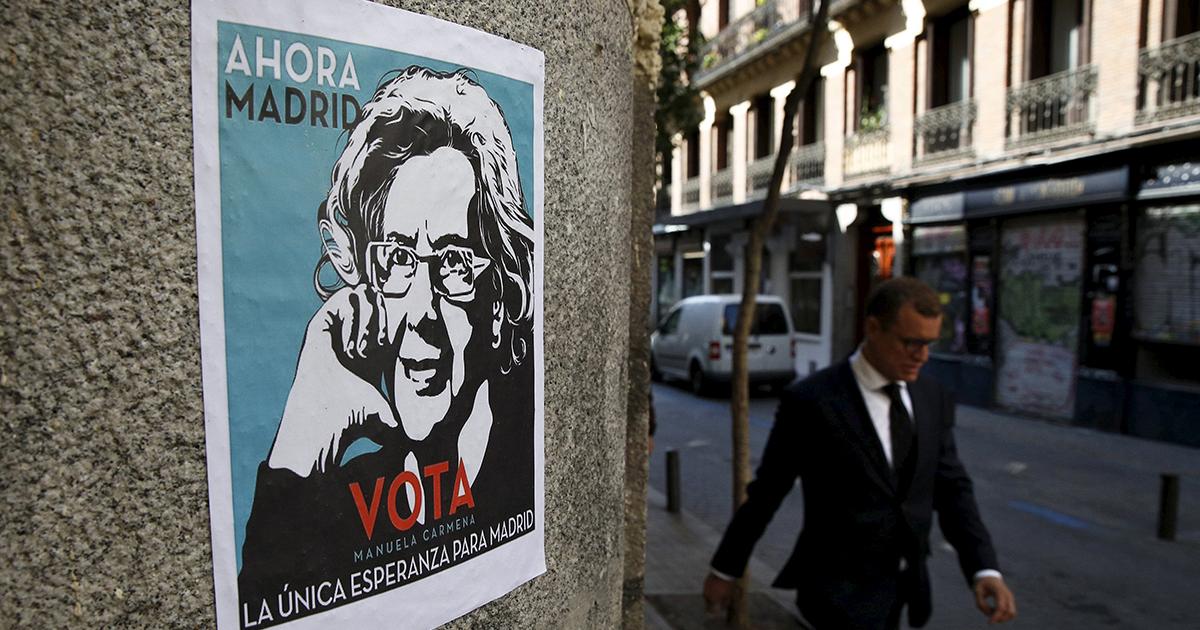By Inaki Irazabalbeitia, former MEP
I’m sure that European bureaucrats felt relief on Sunday evening when they learned the outcome of the Spanish elections. A Spanish problem wouldn’t be added to the British one.
It would sound strange for a normal democratic country that a party with a long history of major corruption scandals, a party which had implemented an austerity policy that condemns to poverty and precarity millions of citizens, which had enacted laws that seriously erode civil rights, whose government uses police to spy on the opposition parties and fabricate false evidence against them, could win an election. But this seems to be the rule in Spain. The Popular Party won on December 20th and secured a bigger victory last Sunday. It seems that for a significant proportion of Spanish electors it doesn’t matter what the government does. They prefer the kind of false stability and security that the Popular Party offers. This is the Francoist soul of Spain.
Some brief notes on the outcome.
- The Popular Party won their best result ever: a better result than six months ago. They increased their number of seats from 123 to 137.
- The Socialist Party managed to stay in second position and avoid the sorpasso from Podemos that almost all the polls had predicted. Their number of seats fell from 90 to 85. Still, it was their worst result ever.
- Podemos didn’t succeed in increasing their number of seats. They won the same number: 71
- Ciudadanos lost votes, which probably went back to the PP. It lost 8 seats, falling from 40 to 32
- Both Catalan pro-independence forces retained their previous levels of support.
- Podemos won again in the Basque Country
So now what? I described December’s outcome as a diabolical one, since no party achieved an absolute majority and coalitions seemed difficult to set up. We are again in a similar situation: no one has an absolute majority, but the small changes that have occurred could give rise to a new scenario.
The Popular Party strengthened its dominant position, winning back votes and seats that had previously gone to Ciudadanos and winning in a large majority of districts. The Socialists are (even) weaker than they were six months ago. Podemos didn’t achieve the sorpasso and so didn’t become the second force, narrowing the gap with the PP as the majority of polls had predicted. In fact it emerged with its position weakened. Having lost seats since December, Ciudadanos has no leverage over any movement. It will be a fellow-traveller not a protagonist.
So two possible scenarios emerge:
- The Popular Party forms a government with Ciudadanos. They will be seven seats short of an absolute majority. They can try to attract one of their old friends, the right-wing Catalan party CDC (which has 8 seats), but seem unlikely to succeed because the self-determination referendum in Catalonia is a non-negotiable condition for CDC. The Socialists could be a partner. That is the preferred choice of the Spanish economic establishment. Abstention in the second round was the only resistance they sought.
- The Socialist Party could try to build up an alternative, together with Podemos. 20 more seats would be necessary for this, making it a difficult task. The campaign has left wounds on both sides and sown mutual distrust. Furthermore, they will need not only the support of the Basque and Catalan pro-independence left but also that of the Basque and Catalan right-wing national parties. But the Catalan self-determination referendum is a red line that the socialists do not appear willing to cross.
Therefore, in my opinion, Spain will have a government led by the PP, with or without Ciudadanos and relying on abstention from the socialists. It will probably not be a long-lasting government. And it could do mortal damage to any future prospects for the PSOE.
Podemos is going to have to wait, but should be taken into account that it does best in Spain’s peripheral nations: Catalonia, the Balearic Islands, Galicia, Valencia, the Basque Country. 37 of its 71 seats came from there. This is a clear signal that change is feasible only in regions where there is a strong presence of localist national forces. The rest of Spain is more of less a no-go area.
There is no short-term prospect of change in Spain. We will have to support an authoritarian, antisocial and centralist government whose political vision for both Spain and the World is the same as Franco’s.
The European establishment will be happy. They will have in Madrid an obedient subject that will unhesitatingly implement all the austerity policies designed in Brussels. The Spanish working and popular classes will be the losers, but it has been their choice!











